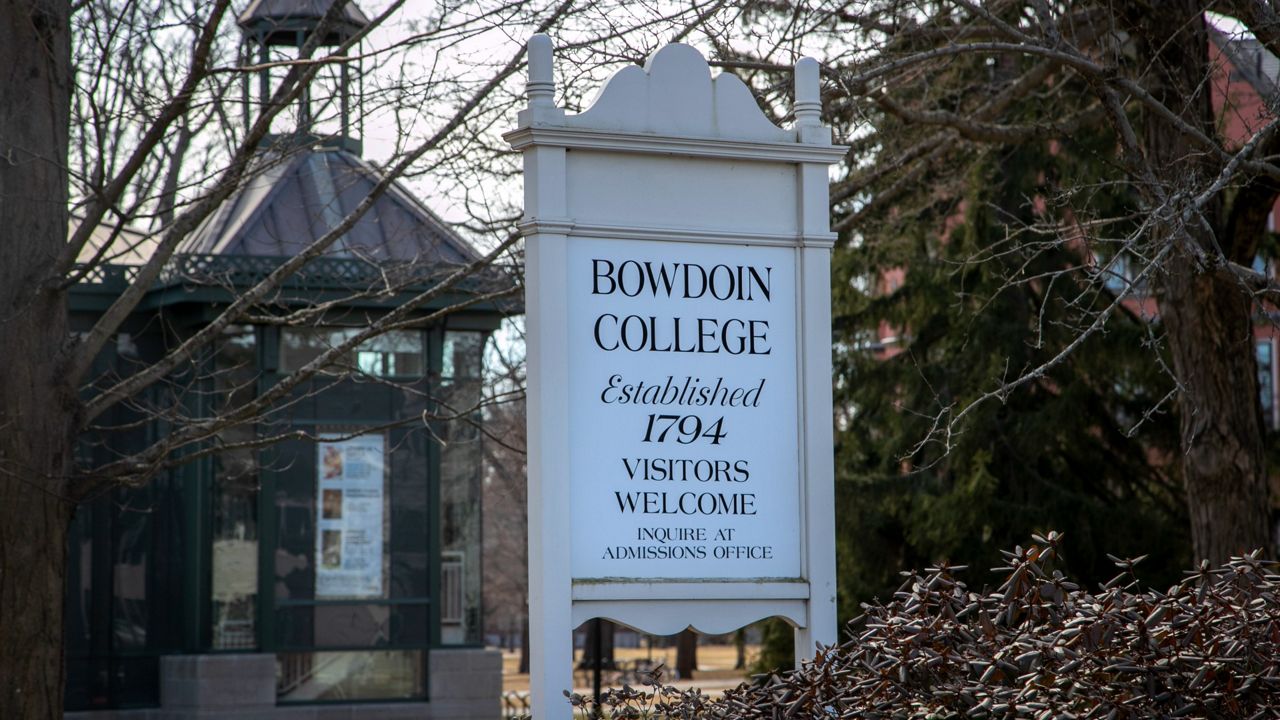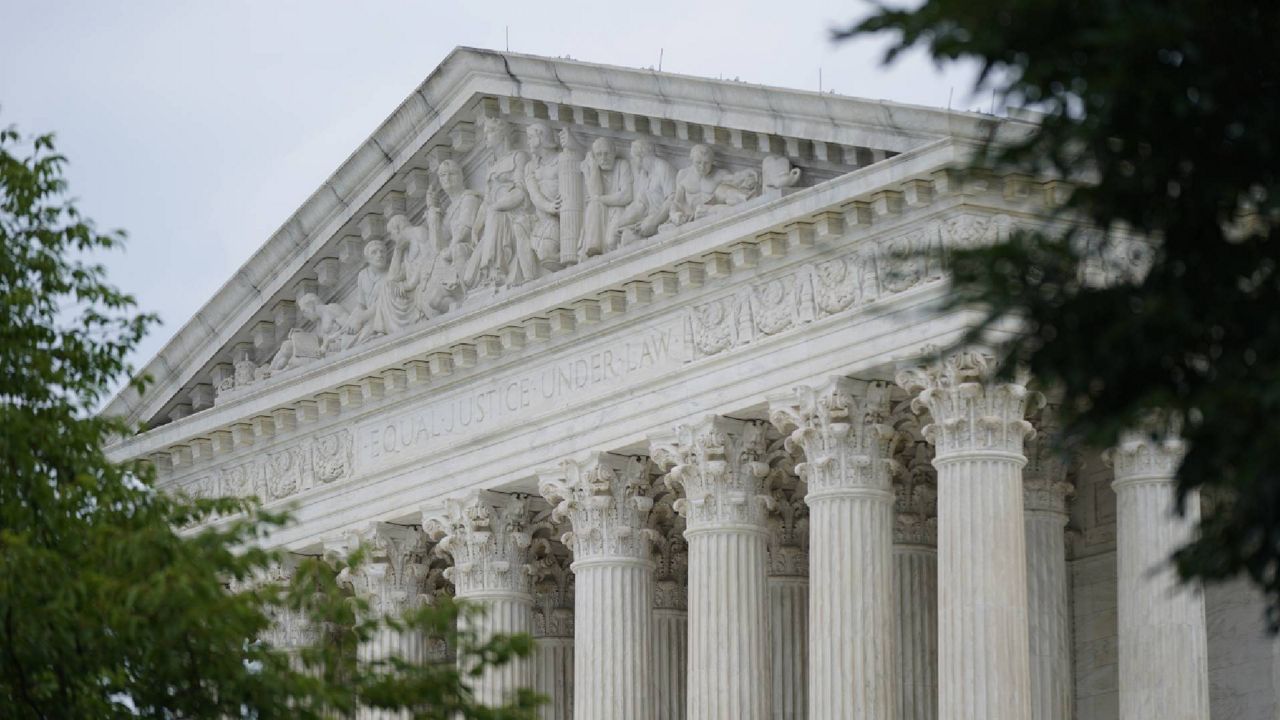Officials at Bates College in Lewiston said Thursday they are “deeply disappointed” by the Supreme Court’s decision to strike down the use of affirmative action in college admissions.
“The Court fails to acknowledge the role of race in American history and contemporary social structures,” reads a letter signed by outgoing President Clayton Spencer and in-coming president Garry Jenkins. “It also undervalues the crucial role that higher education plays in building a healthy and informed democracy and providing individuals of all backgrounds with the opportunity to fulfill their human potential.”
The letter notes that Bates will comply with the law, but it “does not change who are and what we value.”
In Brunswick, outgoing Bowdoin College President Clayton Rose noted it will take time for the ramifications of the court's ruling to be fully understood.
“Even so, it is clear and deeply disappointing that the court overturned more than forty years of precedent that has enhanced diversity in campus communities,” Rose stated. “President-elect Safa Zaki and I have discussed these cases, and we share the view that today’s decision undermines the essential work to create an educational environment and experience that prepares students for the diverse worlds of work and of informed political and social engagement. We also believe the decision undermines the long-term effort to recognize and respond to the structural obstacles for those in our society who have faced the most profound barriers to opportunity.”
Rose wrote that Bowdoin will comply with the court’s mandates while still working to “sustain a truly diverse community where everyone has the opportunity for an equitable experience and an enduring sense of belonging.”
The University of Maine System said it did not anticipate needing to change any of its admissions practices in response to the ruling.
"At the University of Maine System our student body is as diverse as the state of Maine and we are absolutely committed to diversity and the vibrant environment that such diversity brings," according to a statement from Chancellor Dan Malloy.
The ruling struck down admissions practices at Harvard University and the University of North Carolina finding that they violate the equal protection clause of the 14th Amendment.
The court’s 6-3 ruling fell along ideological lines, with liberal Justices Elena Kagan, Sonia Sotomayor and Ketanji Brown Jackson dissenting.
In the majority opinion, Chief Justice John Roberts wrote that “eliminating racial discrimination means eliminating all of it.”
Bates, the private liberal arts college founded in 1855, was the first coeducational college in New England and “educated Black and white students together,” according to the letter addressed to the Bates Community.
“Bates understood from the beginning that if it limited the opportunity for a college education to white men only, as was custom of the day, it would be complicit in further entrenching our nation’s historic systems of oppression,” the letter states.
Moving forward, Bates will “experiment with new strategies consistent with the law that will allow us to continue to craft a class with diverse identities, life experiences, interests, and perspectives.”
This story will be updated.







